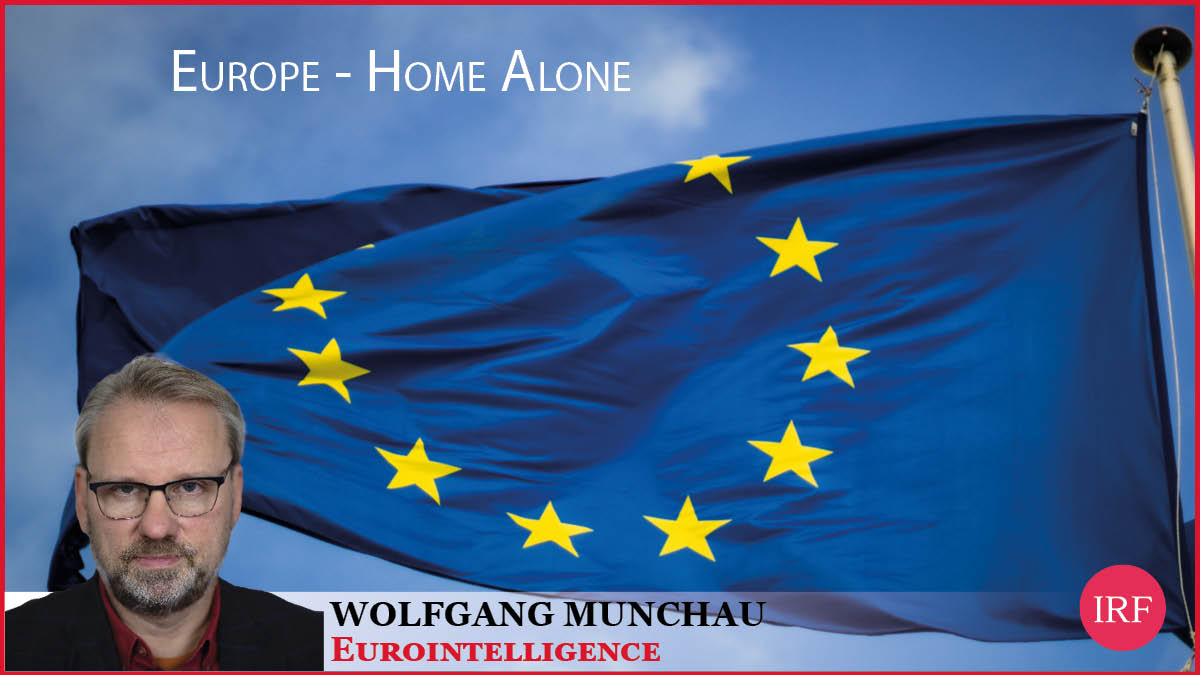Europe - Home Alone
Eurointelligence
Wed 02 Apr 2025 - 15:00 BST / 10:00 EDT
Summary
Germany faces structural decline due to factors like its reliance on 20th century technology, competition from China, and the impact of policies like Brexit and the Russia-Ukraine war. This decline is not just temporary or cyclical.
The new German government coalition is unlikely to pursue significant economic reforms, instead focusing on pork barrel spending and increased welfare programs. This will provide some fiscal expansion but not address the underlying competitiveness issues.
The rise in German and European bond yields poses risks, especially if populist, Euroskeptic parties gain power in France. This could destabilize the Eurozone.
While German defense spending may increase, it is unlikely to fully offset the broader industrial decline. The path to European strategic autonomy from the U.S. will also be very difficult and lengthy.
Topics
European security after US disengagement
Will the end of the German "Debt Break" and the rise in defence spending propel Germany out of its economic decline?
Will inflation return? If so, what does this mean for investors?
The impact of US tariffs on Europe
